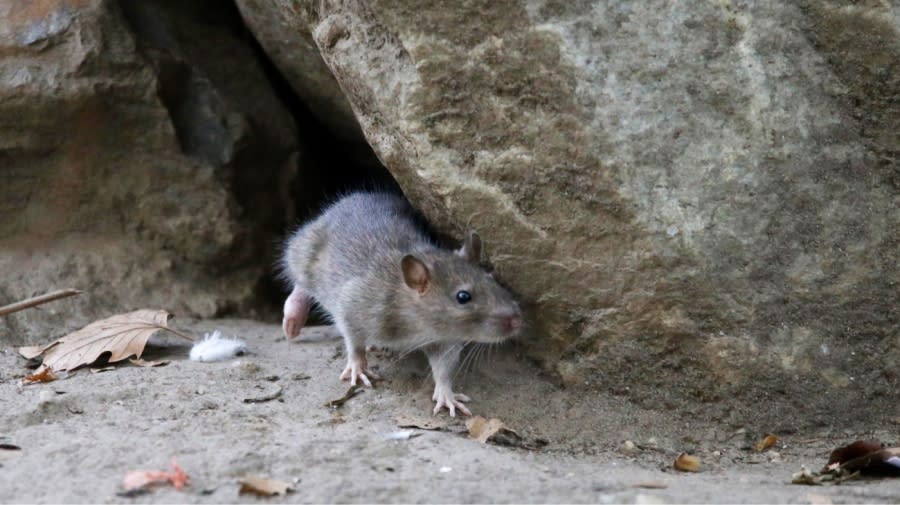New human plague case confirmed in Colorado

A human plague case has been confirmed in Colorado, local officials said Tuesday.
Such cases are rare but not unheard of. A New Mexico man died from plague in March, while Oregon officials confirmed a case in February, likely linked to an infected cat.
The Pueblo Department of Public Health and Environment said it was still investigating the source of the infection in a Pueblo County resident, and it advised people to see a health care provider immediately if they show symptoms of the plague.
“Typical symptoms of plague include sudden fever and chills, severe headache, muscle aches, nausea, vomiting and a feeling of illness. A common symptom of plague is also swollen lymph nodes with pain,” it said.
“Plague occurs naturally and can infect humans and their pets. People get plague from bites of infected fleas, by touching or skinning infected animals, or inhaling droplets from the cough of an infected person or animal,” it added.
According to a Centers for Disease Control and Prevention (CDC) webpage on plague, the disease comes from “the bacterium, Yersinia pestis.”
“Plague can be cured with antibiotics, but these must be given promptly to prevent serious illness or death,” the CDC says on the webpage. “Plague is infamous for killing millions of people in Europe during the Middle Ages. Nowadays, it is a rare but persistent cause of illness in rural areas in the western United States and certain regions of Africa and Asia.”
There are about seven cases of plague each year in the U.S., according to the CDC, which recorded about 500 cases total between 1970 and 2022.
In its release on the plague case, the Pueblo Department of Public Health and Environment made the following suggestions:
Eliminate places that rodents can hide and breed around your home, garage, shed or recreation area. Remove brush, rock piles, trash, and piles of lumber.
Avoid contact with dead animals.
Use insect repellent that contains 20 percent to 30 percent DEET to prevent flea bites. Treat pants, socks, shoe tops, arms, and legs.
Do not let pets sleep in bed with you.
Treat dogs and cats for fleas regularly. Flea collars have not been proven effective.
Do not allow pets to hunt or roam in rodent areas, such as prairie dog colonies.
Keep pet food in rodent-proof containers.
Copyright 2024 Nexstar Media, Inc. All rights reserved. This material may not be published, broadcast, rewritten, or redistributed.
For the latest news, weather, sports, and streaming video, head to The Hill.


